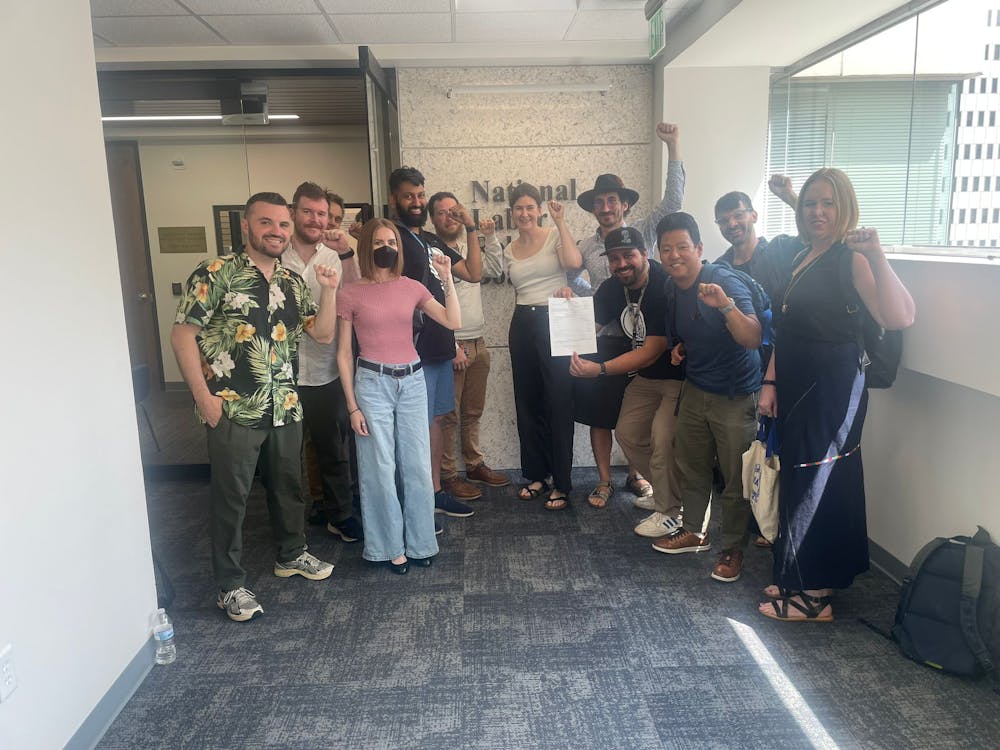The Program for the Study of Women, Gender and Sexuality (WGS) hosted a talk titled “Can Mathematical Proof Inform Queer Epistemology?” in Gilman Hall on Wednesday, Oct. 5. The event featured Emily Riehl, an assistant professor in the department of mathematics.
Noelle Dubay, a graduate student in English and WGS, introduced Riehl.
“Her talk is taking on what I think is safe to say a groundbreaking task,” Dubay said. “Combining mathematical proof with queer epistemology represents fresh terrain in terms of queer studies in general.”
Riehl explained that the purpose of the talk was to serve as a jumping board for further exploration.
“I was hoping to illustrate what knowledge production looks like in mathematics and how one makes a problem mathematical,” she said. “The question at the end is what does this all mean. What do mathematical conclusions mean in connection with the world. Through what mathematicians call a toy example, we’re going to read a case study.”
The case study was the paper “College Admissions and the Stability of Marriage,” an article published in 1962 in American Mathematical Monthly. It highlighted the algorithmic process of finding the optimal matching of two different sets of elements with a given order of preference.
In discussing the case study, Riehl defended the hetereosexist nature of the stable marriage problem, noting that the situation of a man marrying a woman was a metaphor used to illustrate the intricacies of the situation in a simplified form.
WGS Program Co-Director Katrin Pahl discussed the implications of this talk and the future of interdisciplinary collaboration discussions.
“WGS is inherently trans-disciplinary. We are more used to speaking across different fields in the humanities and social sciences, but when I met this new assistant professor at Hopkins, we thought it would be a great idea to broaden that transdisciplinarity and inclusion,” Pahl said.
Riehl further reinforced the need for an interdisciplinary approach in the field of academia.
“I want to confess for my personal sake that it can be a little lonely in the math department sometimes, so I really am interested in fostering some sort of interdisciplinary dialogue,” Riehl said.
Junior Lyle Poisson described how exciting it was to be at an event that advocated intersections of math and the humanities.
“As a math major it was really refreshing to hear a STEM professor talking about identity politics and gender theory,” Poisson said.




